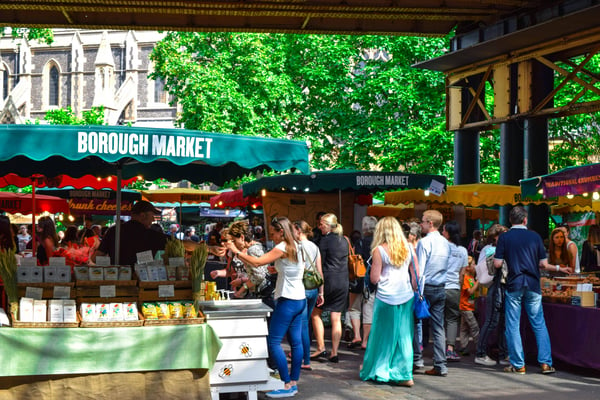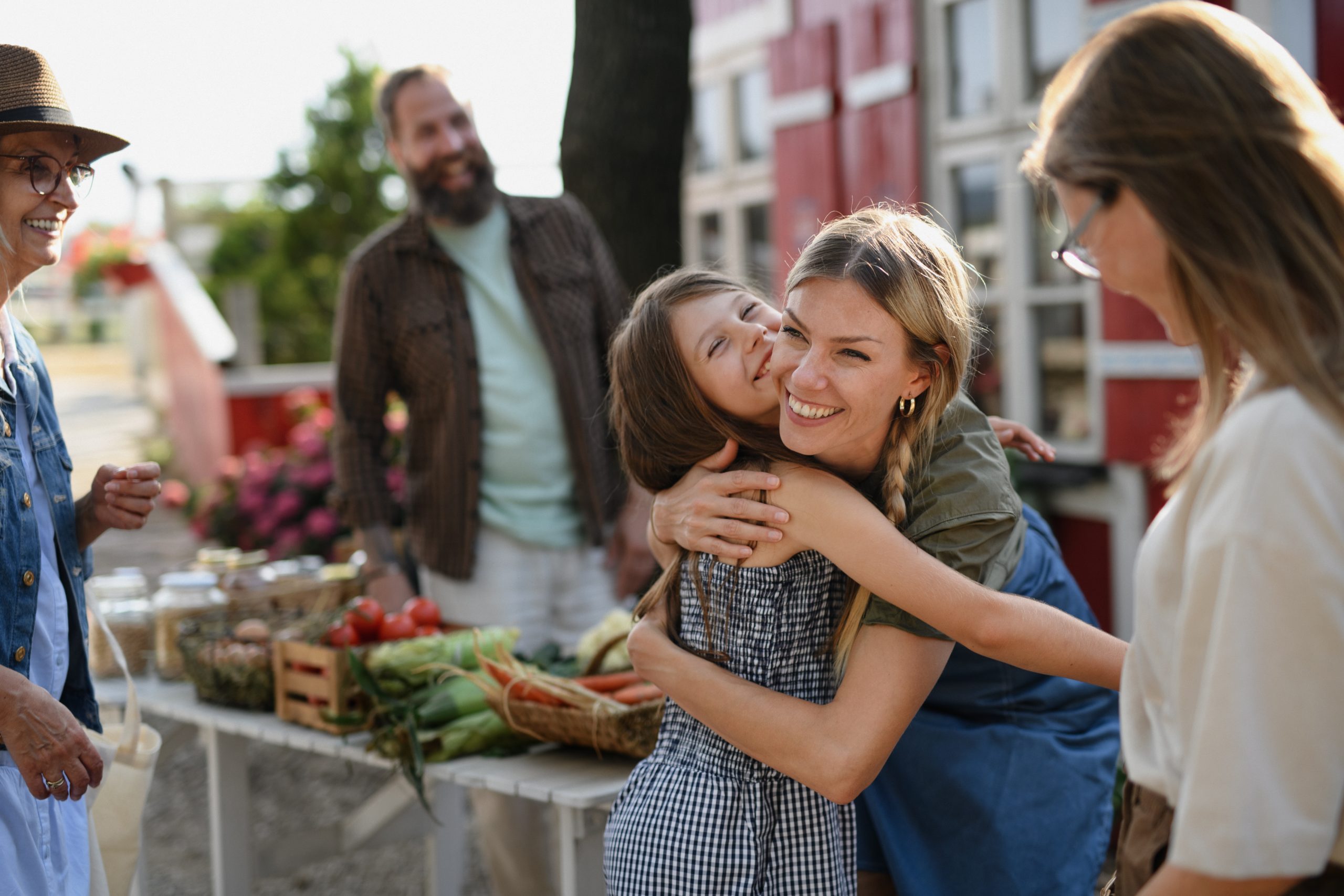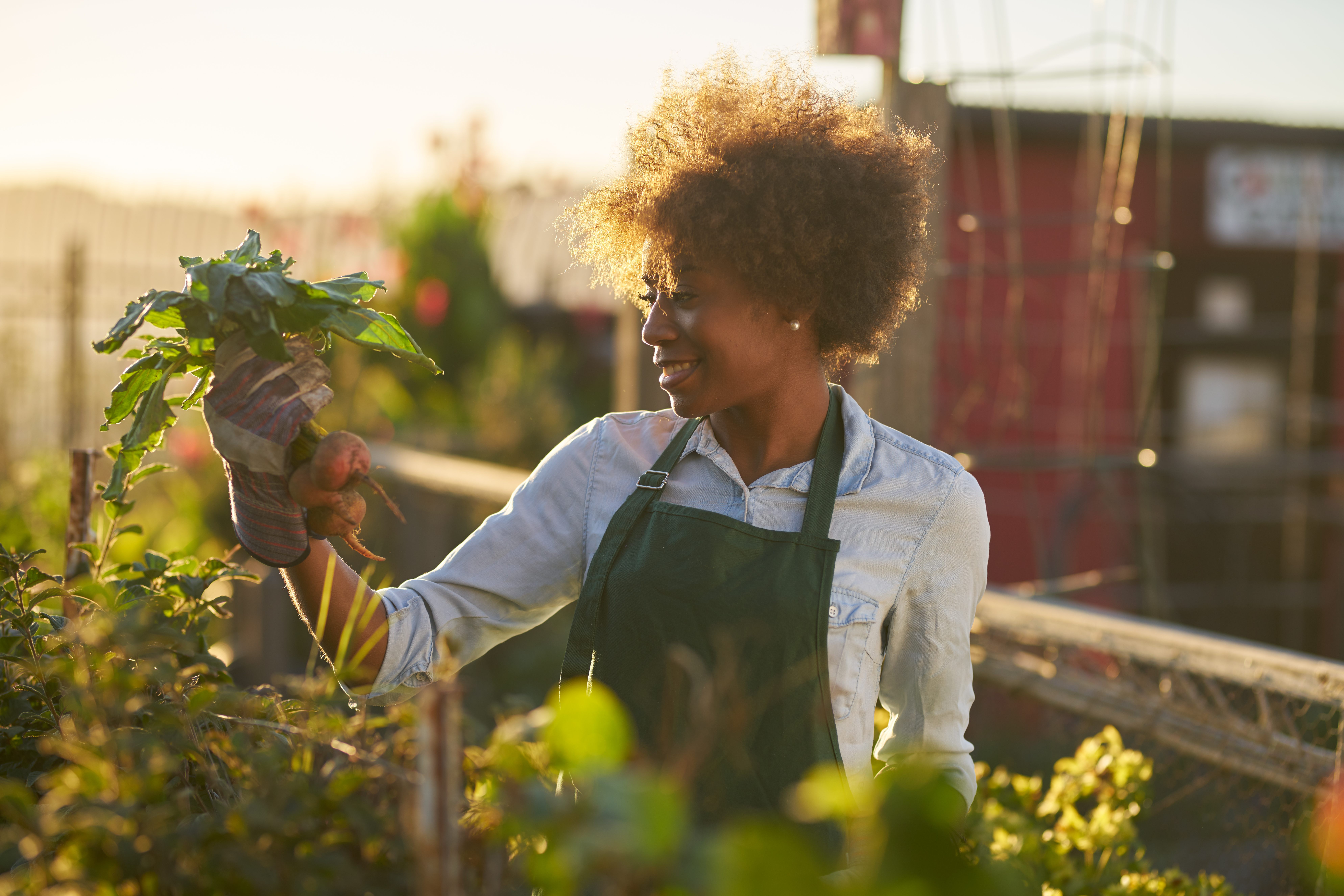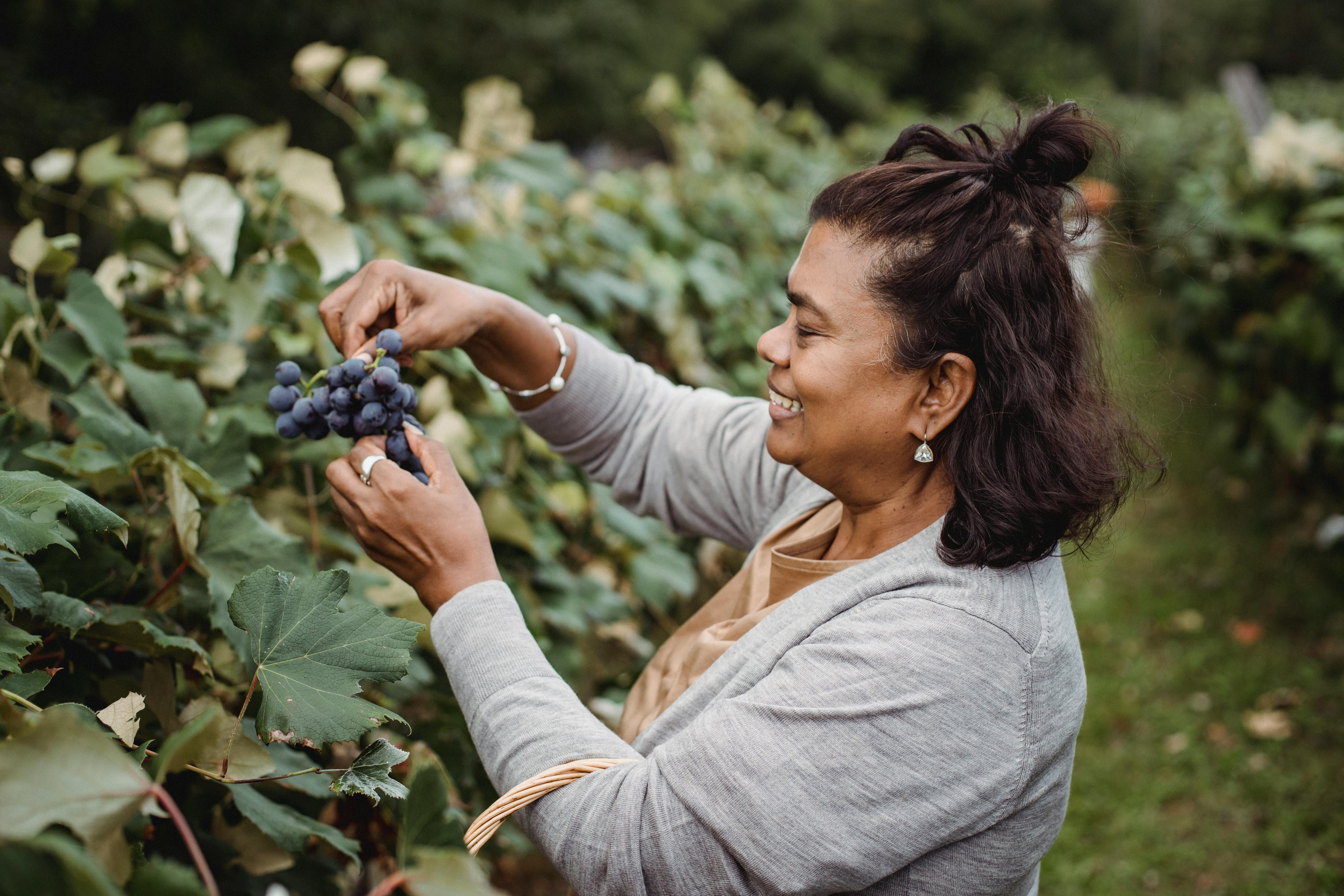Health Connect Series: Community Connection at a Local Farmer's Market
Social connectedness. You’ve heard it a million times. You know it’s important. In fact, seven weeks ago, the first article in the Stress-Less Summer series touched on this very topic. You may be walking a fine line balancing your social calendar this summer. Or maybe you wish your social calendar looked a little fuller. No matter which social ‘bucket’ you fall into, there is one form of social connectedness that is often forgotten- community connection. Neighborhood block parties, small town parades, good old- fashioned church picnics and - local farmers’ markets!
Won’t you be my neighbor? Experiencing a sense of belonging is vital for emotional well-being. Being part of a community and participating in community events provides an opportunity to connect to those around you, the people you wave to in your neighborhood and often see at the gas station or grocery store. A local farmer’s market is one of those events. Neighbors of all ages and backgrounds gather to socialize while learning about healthy foods, where they come from and how to prepare them. Connecting and talking not only with neighbors, but also with farmers who are neighbors helps you develop a sense of identity. You learn about shared values and beliefs, history, and culture. It’s only natural that in this cheerful, welcoming setting you feel a sense of belonging, connection, and safety, and stress and isolation start to decrease.
Research shows that people who are part of strong communities tend to have lower blood pressure, lower cholesterol levels, and a lower risk of obesity. They are also more likely to exercise regularly and eat a healthy diet. Farmers’ markets not only support communities, they support healthy communities.
Connect to your local food community. The sellers at farmers’ markets are most often the producers. They raise, grow, harvest, bake or prepare the products themselves. The produce you see has been picked at peak ripeness for optimal flavor. It has spent more time on the vine, on the tree, or in the ground, which means it has spent significantly less time and distance from farm to sale. As a result, you get better taste and more nutrients from your food.
These farmers, or “food educators” are devoted to quality products. They want you to engage and ask questions about their process. What’s a healthy way to prepare asparagus? How do you raise your chickens? These conversations build relationships between farmers, communities, and food. And don’t forget the impact your food dollars have on these food-producing neighbors of yours. Support their hard work. By shopping locally, you are pumping up the economy in your community. What’s not to love about this!
It’s not all produce. Farmers’ markets are filled with artisans selling crafts, baked goods, eggs, meats, olive oils, honey, maple syrup, flowers, and more!
The history of the market. The tradition of farmers’ markets stretches back hundreds of years to when farmers had a deep need to sell their produce directly to customers. These markets served as the heart of local economies, linking life in the agricultural countryside and busy market towns. And aside from the buying and selling, farmers’ markets promoted community connection while celebrating local food and culture.
Fun Fact: The Lancaster Central Market is the oldest known market still operating in the United States, getting its start in colonial Pennsylvania in 1730.
You are fortunate to live in the Mississippi River Valley community. A community overflowing with beauty. A community rich in agricultural history and pride. A community offering you several farmers’ markets, each waiting for you to stop in and say hello!
Heidi Kutz
Education Specialist, ViaroHealth
For questions or comments, contact wellness@viarohealth.com



